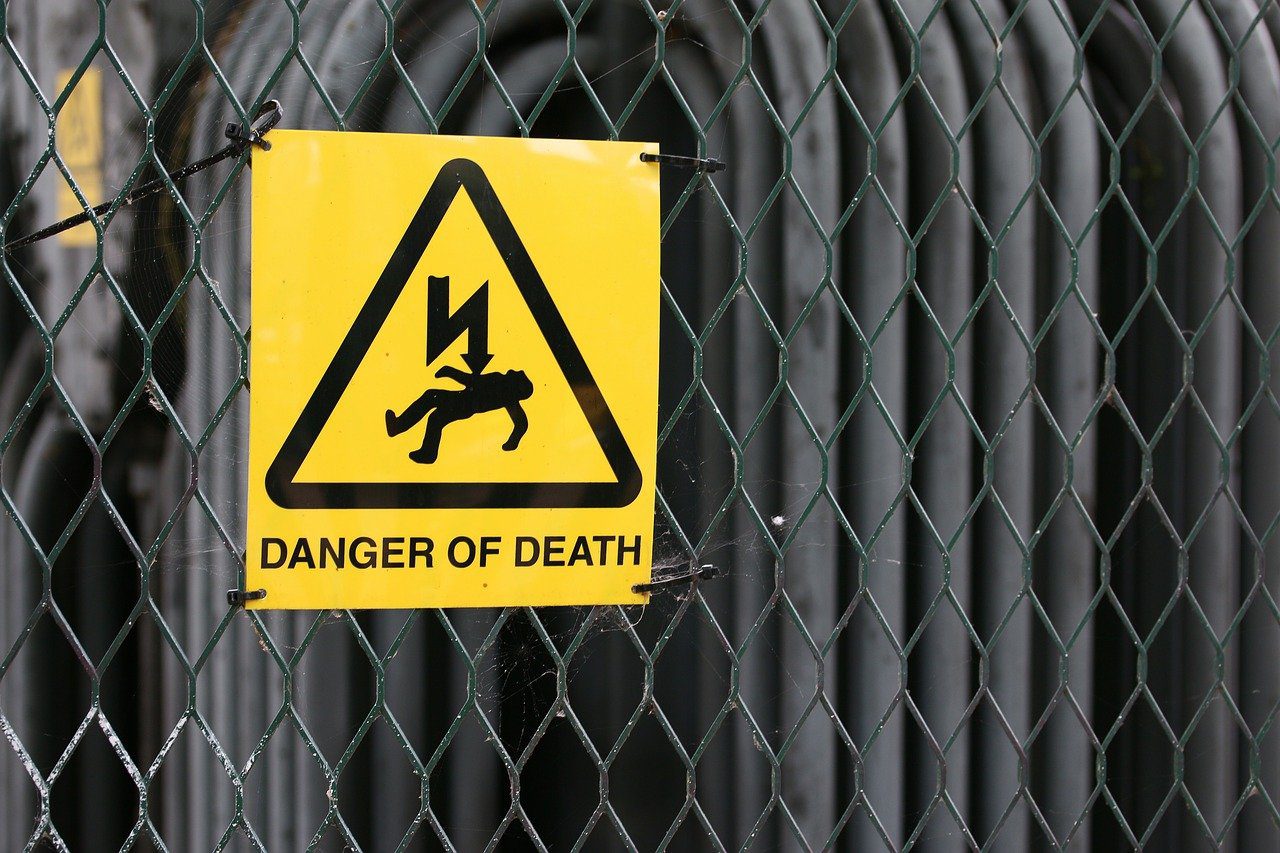There are potential safety hazards for electrical equipment in every home, office, and factory due to our dependence on electricity. These hazards can be reduced or eliminated by being aware of them and taking steps to reduce their dangers. An electrician is a good choice. These are eight potential electrical dangers that can occur in any home.
Table Of Contents
POOR WIRING AND DEFECTIVE ELECTRIC WIRES
Safety is paramount when wiring is of high quality and conforms to safety standards. Poor wiring can lead to fires, power surges and arc faults, as well as other serious consequences. It is best to hire professional electricians to do electrical wiring around your home.
Electrical accidents can be increased by damaged, worn, cracked, or corroded wires. To ensure that your wiring is safe, have a qualified electrician inspect it on a regular basis. Upgrade and replace faulty wires if necessary.
There are some dangers:
- Poor or loose connections such as switches or electrical outlets
- Extension cords or appliances that are frayed
- Pinched or pierced insulation could be caused by, for instance, a chair leg that is sat on an extension cord.
- Cracked wire insulation due to heat, age corrosion, or bending
- Cords and wires that have been overheated
- Electric appliances that have been damaged
- Rodents have chewed electrical wire
OUTLETS NEAR WATER
The water source should not be too close to outlets in bathrooms or kitchens. Water conducts electricity, so outlets should be kept away from water to reduce the risk of electric shock.
Use a radio, hairdryer, phone or any other device within the bath, near the pool or on a wet surface.
WET HANDS
As with electrical appliances, it is important to avoid using wet hands. This increases the risk of getting electric shocks. Too many people reach for the hair dryer with wet hands after a shower. Avoid putting appliances near sinks, tubs, showers, or taps.
POURING WATER ON ELECTRICAL FLAMES
It is a common mistake to pour water on electric fires. Avoid putting water on an electric fire. Water will only fuel the fire and can cause electrocution. If you are concerned about electrical fires, keep a fire extinguisher handy. You can use it in an emergency instead of water. If you don’t have one, switch off the electrical supply, evacuate your house, and call 000.
INQUISITIVE YOUNG CHILDREN
Babies and toddlers are often very curious and eager to discover their world. It’s best to supervise young children at this age, but parents and those who are expecting children can take additional precautions to ensure their safety.
EXTRA-SAFE powerpoints can be used to replace any electrical outlet that is too high or too close to them. They can be used in place of normal powerpoints and protect the socket from sharp objects and fingers. Serious injury can result from sockets that are not protected.
EXTENSION CORDS
To reduce the risk of injury or tripping, extension cords should always be securely fastened in their place. Plastic socket closures can be used on sockets that are not being used. Extension cords should not be used as a permanent replacement for extra power sockets. Also, avoid using extension cords for too many appliances.
LIGHTBULBS
Although lightbulbs may not be considered electrical hazards often, they can cause an electrical fire if placed near flammable materials. These could include drapes, plastics and other items like upholstery.
As with all electricity sources, light bulbs can also cause electric shock. Make sure to always turn off the light switch before you replace it. Never touch or replace a lightbulb with wet hands. To avoid overheating, ensure that you only use the right wattage light bulbs.
COVERED ELECTRICAL CORDS AND WIRES
The wires could overheat if they are covered in too much. This can lead to an electric fire. Keep wires and cords clear of other objects and keep them exposed.
To prevent overheating, ensure that televisions and computers have adequate ventilation.
- Do not attempt to fix electrical appliances by yourself. Always contact a licensed electrician.
- Regularly inspect your appliances for frayed cords, plugs or faulty switches.
- Do not overload power boards with too many appliances.
- Do not insert anything in an appliance that is plugged in.
- Use outdoor-grade extension cords only outside the home.
- Before touching electrical appliances or switches, make sure your hands are clean.
- Before you clean areas such as the laundry room, kitchen, or bathroom, ensure that all appliances have been turned off.
Installing a safety switch (also known as a residual current device or RCD) in your home can reduce the risk of electric shock-related death. Do not attempt to conduct any electrical work yourself. You should contact an electrician if you believe there are dangers in your home.

